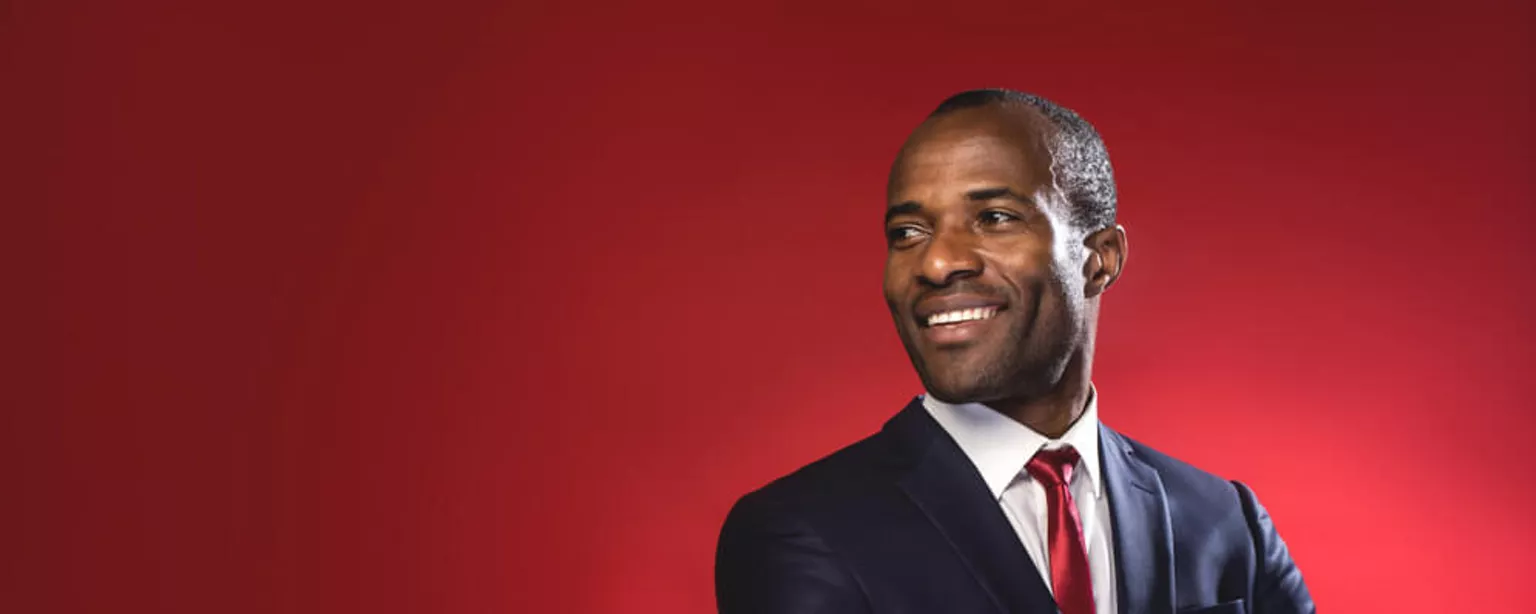Today’s CEO may continue to be at the helm of an organisation, but as PwC’s Global CEO Survey wrote in 2017, the traditional C-suite has changed significantly in size and shape.
Thanks to the introduction of roles such as the Chief Operating Officers (COO), Chief Financial Officers (CFO), Chief Marketing Officers (CMO), and Chief Information Officers (CIO), the role of CEO has narrowed in scope from what it once was decades ago.
In spite of this, the role has also transformed into new arenas. Major worldwide trends such as rapid urbanisation, demographic shifts, globalisation, and massive technological innovations have changed the expectations that stakeholders have of their chief executive.
Higher levels of transparency and communication, accountability, a stronger emphasis on building trust, and social responsibility are all a result of the interconnectivity of the world today, and are just some of the challenges that the current and future generations of business leaders will face.
Two of the major forces changing the way the world does business - digitisation and disruption - are already here. So what traits must an incoming CEO have to fulfil the role in today’s business world?
1. Agile leadership
In a culture obsessed with change and innovation, CEOs will need to be adaptable.
Agile leadership is the buzzword of the day, translating as leadership that is able to re-evaluate strategies continually, and in accordance with the constant change in market conditions. While that’s not necessarily anything new - the world moves much faster now than it did in the early 20th century.
Gone are the days of the standard five to ten year strategic plan with no room to move; an incoming CEO should recognise that in an unpredictable market, adaptability to market growth and fluctuations is important for continued success.
2. An appreciation for technology
The good news is it’s easy to be agile when candidates have an effective understanding of the technology available to them. Digitisation has already revolutionised the way the world does business, so it’s increasingly important that candidates taking on the role of CEO understand why technology is important, and what it can do for their business.
In fact, according to Accenture’s Technology Vision 2017 Tech Trends Report, digital disruption hasn’t just come and gone; it’s still very much in progress. And there’s not a single industry these major tech innovations won’t impact - at every level of enterprise.
That doesn’t mean CEOs should come from a technology background, but it does help to be able to view the company through a digital lens.
3. Diversity of experience
While there’s certainly value in deep expertise, broad experience matters for change and innovation. Being able to look into the future and picture positive change is easier if one has seen it before. Diverse experience brings with it new skill sets, new perspectives, and new ideas, particularly if there has been an international element to it.
Evidence can suggest that having a broad range of experience has the most positive impact on the performance of a company, particularly in industries that face a lot of disruption. According to the London Business School, this may be because those with more diverse experiences tend to see the world as more malleable than those who have not seen as much. And just as valid: diversity of experience brings greater exposure to things that don’t work.
The role of CEO for the future
While the position will lean on fellow C-suite members to contribute towards major decisions and creating strategic plans, the role of CEO of today continues to serve as the face of the business, setting and implementing strategies in order to achieve the company’s targets.
As with many roles today, traditional job descriptions are changing, and with it, perceptions of how particular jobs will make an impact on an organisation.
What hasn’t changed within the role of CEO is the visionary – as the role will continue to rely on leadership that can forecast and inspire for the future challenges and success.







